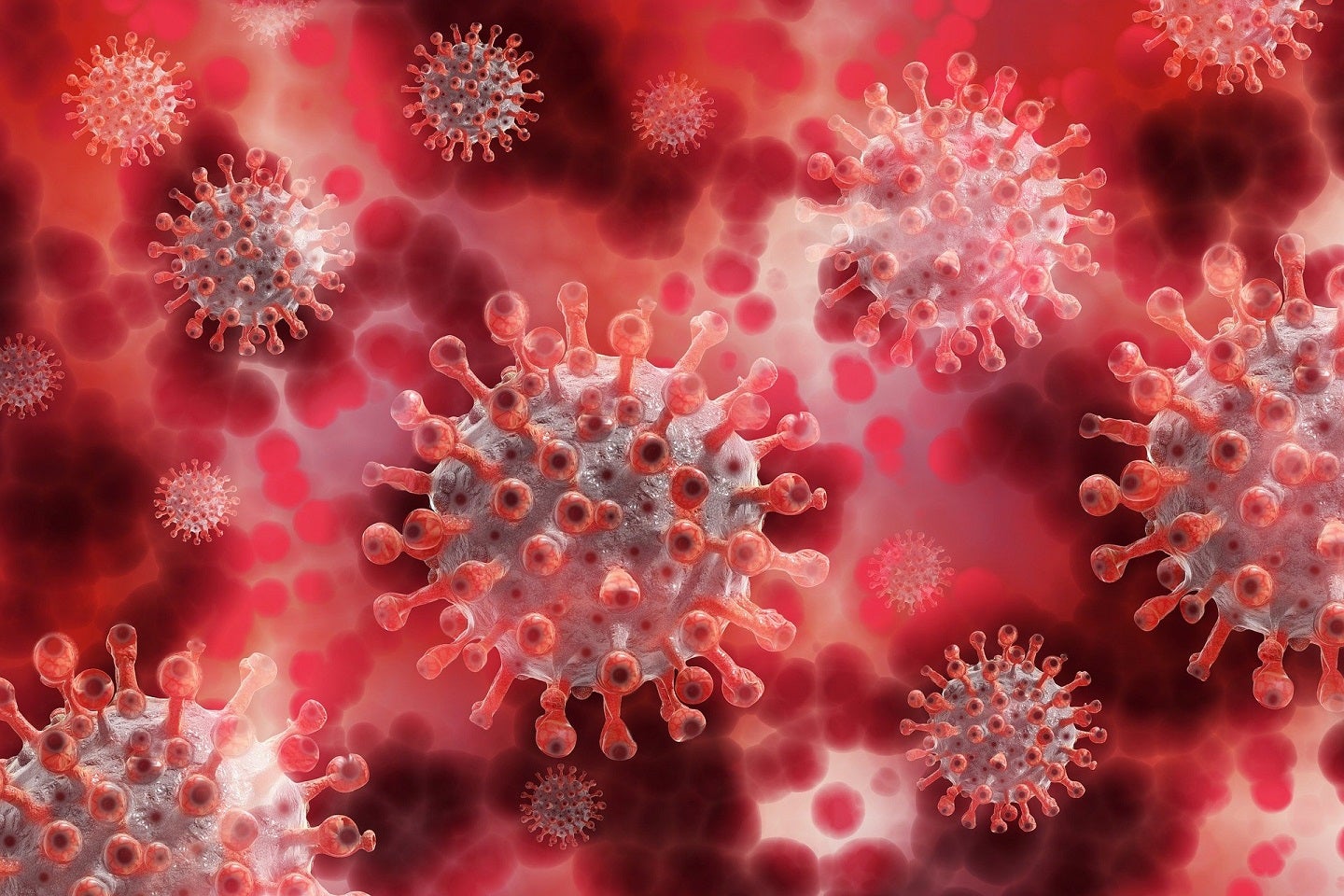
SAB Biotherapeutics has reported positive top-line findings from the Phase lll ACTIV-2 trial that evaluated SAB-185 to treat non-hospitalised Covid-19 patients who were at high severe outcomes risk.
National Institutes of Health (NIH) has sponsored and funded the trial.

Discover B2B Marketing That Performs
Combine business intelligence and editorial excellence to reach engaged professionals across 36 leading media platforms.
Data from the trial showed that SAB-185 was beneficial in sustained symptom resolution in the Covid-19 patients with the Omicron variant in comparison with those who were treated with a monoclonal antibody combination, REGEN-COV (casirivimab and imdevimab).
In specific, 66% of patients receiving SAB-185 reached full symptom resolution for at least four consecutive days by day 28, with only 50% patients treated with REGEN-COV meeting this endpoint.
The median time to symptom resolution for at least four consecutive days was found to be seven days shorter for patients treated with SAB-185.
Furthermore, the median time to symptom resolution for at least two consecutive days was six days shorter for the therapy as against those who received REGEN-COV.

US Tariffs are shifting - will you react or anticipate?
Don’t let policy changes catch you off guard. Stay proactive with real-time data and expert analysis.
By GlobalDataIn the non-Omicron group, the median time to symptom resolution for a minimum of four consecutive days was seven days shorter for SAB-185, while for at least two consecutive days it was four days shorter for SAB-185 than REGEN-COV.
However, neither of these evaluations met statistical significance.
The trial’s primary endpoint was the composite of all-cause hospitalisations and deaths.
SAB Biotherapeutics co-founder, president and CEO Eddie Sullivan said: “The ACTIV-2 data is further validation of the potential of SAB’s platform.
“It shows that the DiversitAb platform can open the door to treatments that are potentially more effective and potent and which remain efficacious over longer periods of time versus monoclonal antibodies.”





